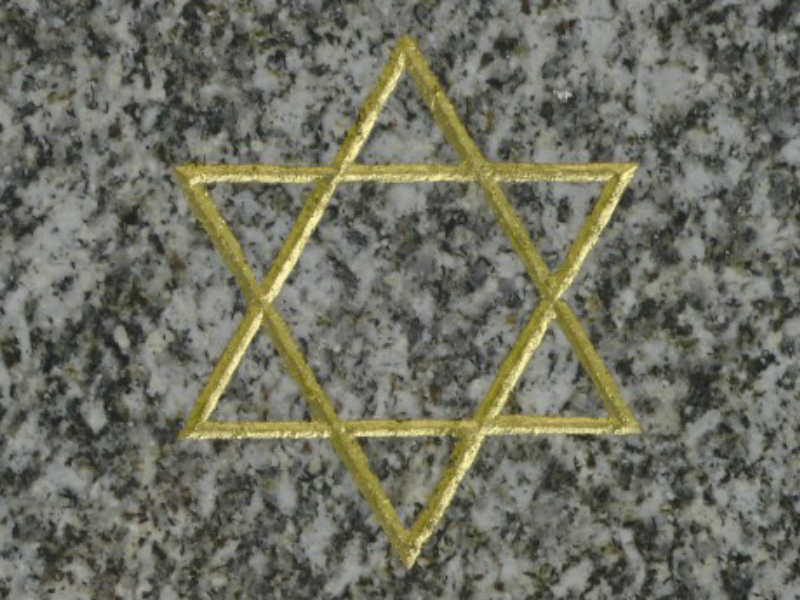“Are you a nun?” the taxi driver asked me, just moments before dropping me off at the only kosher deli and butcher shop in St. Louis.
He had spent most of the 10-minute ride telling me about the long history of the church and nuns in the region, proudly pointing out the small chapels and other sacred markers that we passed.
He could be forgiven for mistaking me for a sister of the cloth. He had, after all, just picked me up from a Christian retreat and meditation centre that was founded by the Sisters of Mercy. I told him I was not a nun, but that I taught, and he seemed satisfied by my response.
Only when we pulled up at the address I had given him did a bit of cognitive dissonance set in. “I know this place,” he said. “Kosher. Kosher meat is very good, very clean. We like to buy it.”
“Yes, it’s a kosher place,” I acknowledged. “I’m stepping into two worlds today.” The taxi ride, the trafficking between two religiously marked places, serves as a good metaphor for the two and a half days I spent at the retreat centre.
Its spare but functional rooms, gracious hospitality and verdant grounds served as the setting for a small gathering of American and Canadian professors who write and teach about the Holocaust. It was organized by a nun and a Christian theologian, both of whose life’s work has centred on the Holocaust. They invited a handful of us to write and talk about our work in the field. We focused on the why: Why do we teach about the Shoah? Why should our students enrol in our courses?
We also discussed what we hope our teaching will accomplish, with an eye to the future of Holocaust research and education, as the events grow more historically distant, and as further global threats and catastrophes become more pressing.
(Only a few of the dozen of us who sat around the seminar table were Jewish.)
Unusual for a gathering of academics – whose work is supposed to emerge from a stance of objectivity and distance – we were asked to articulate our personal stake in the work that we do. What brought us to focus our professional energies and expertise on the Shoah? How has our immersion in this difficult subject affected us over time? Was there a price to be paid – emotionally, spiritually, professionally – for dedicating one’s working hours and thinking hours to an event of such destructive horror, loss and evil?
The answers differed, but strong threads connected them. Some of those who were raised as devout Christians spoke of a crisis of faith set off by exposure to what one participant called the “underside” of Christian theology: an inescapable push to “rethink everything I believed.”
A Jewish participant spoke of a lifelong quest to “make peace with the God of my childhood.” Another spoke of the Shoah as a “moral compass,” affecting parenting and other personal relations. Some of those who were of German descent, with familial connections to the Nazi era, reflected on strained ties with close relatives and mental anguish.
Almost everyone expressed a sense that the Shoah is somehow always with us, wherever we are and whatever we do, creating a sense of disruption. As one participant said, “You cannot visit hell with impunity. You must pay an entrance fee and an exit fee.”
READ: HOROWITZ: EMBRACE YOUR INNER GRINCH
And, of course, we were aware of our privilege – the privilege of being born later, or elsewhere, or into some other religion, and so spared those hellish conditions and experiences of those we write about and teach about. With that privilege, we reflected, comes a humbling responsibility, and the pressing worry that we have not fulfilled it. The past bequeaths a debt to the future that can’t be repaid. Our task, as educators, is to use our privilege to pay it forward.
